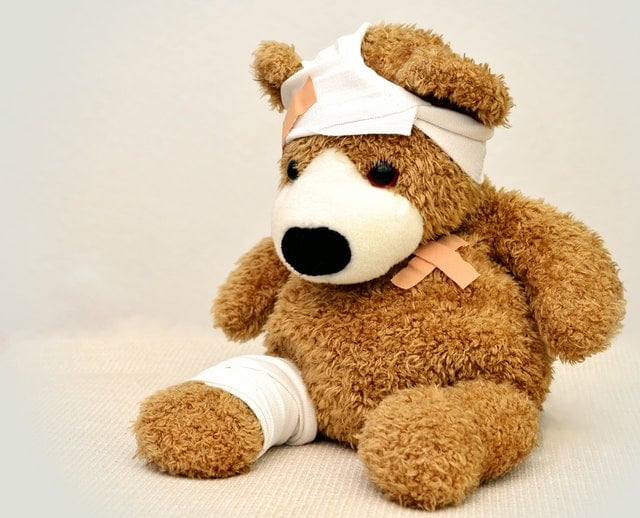Researchers at St. Jude Children’s Research Hospital in Memphis, Tennessee looked to answer a simple question—is there an association between hearing loss and cognitive function in survivors of childhood cancer? Below is a breakdown of their results.
The Study

The team of researchers were led by Johnnie Bass, Ph.D. “There has been a lot of research on how children who are born deaf can be affected academically and psychosocially, but far less for kids who acquire hearing loss at some point during their childhood,” Bass explained. “Our goal was to report on the prevalence, severity and risk of hearing loss in a large cohort of cancer survivors to assess the impact of hearing impairment on neurocognitive function.”
A total of 1,520 childhood cancer survivors who took part in the St. Jude Lifetime Cohort Study were examined between 2007 to 2017. Of those participants, 62 percent had normal hearing following treatment, 15 percent developed mild hearing loss and 23 percent had severe impairment. Their cancer treatments were broken down into three categories:
- 307 received platinum-based chemotherapy
- 473 received cranial radiation therapy
- 740 received a non-ototoxic treatment
Patients completed audiologic and neurocognitive testing following treatment.
The Outcome
The results from “Association of Hearing Impairment With Neurocognition in Survivors of Childhood Cancer” suggest that severe hearing loss in childhood cancer survivors is associated with neurocognitive deficits independent of the neurotoxic treatment received.
Children who were exposed to radiation therapy were significantly associated with deficits in:
- Verbal reasoning
- Verbal fluency
- Reading
- Math
- Visomotor speed
Children who were exposed to chemotherapy containing platinum were significantly associated with deficits in:
- Reading
- Math
- Verbal reasoning
- Verbal fluency
- Visomotor speed
Patients with severe hearing loss who were not exposed to an ototoxic treatment still had neurocognitive deficits in their attention, memory, executive function, processing speed and academic function.
Dr. Kevin Krull, co-author of the study explains, “Even patients not exposed to neurotoxic therapies who develop mild hearing deficits can have problems with their neurocognitive skills.”
“This makes it important to identify these patients early and suggest interventions to help improve their hearing and thus their neurocognitive outcomes.”
To learn more about the importance of diagnosing and treating hearing loss early or to schedule an appointment with a hearing professional, contact Hearing Advancement Center today.